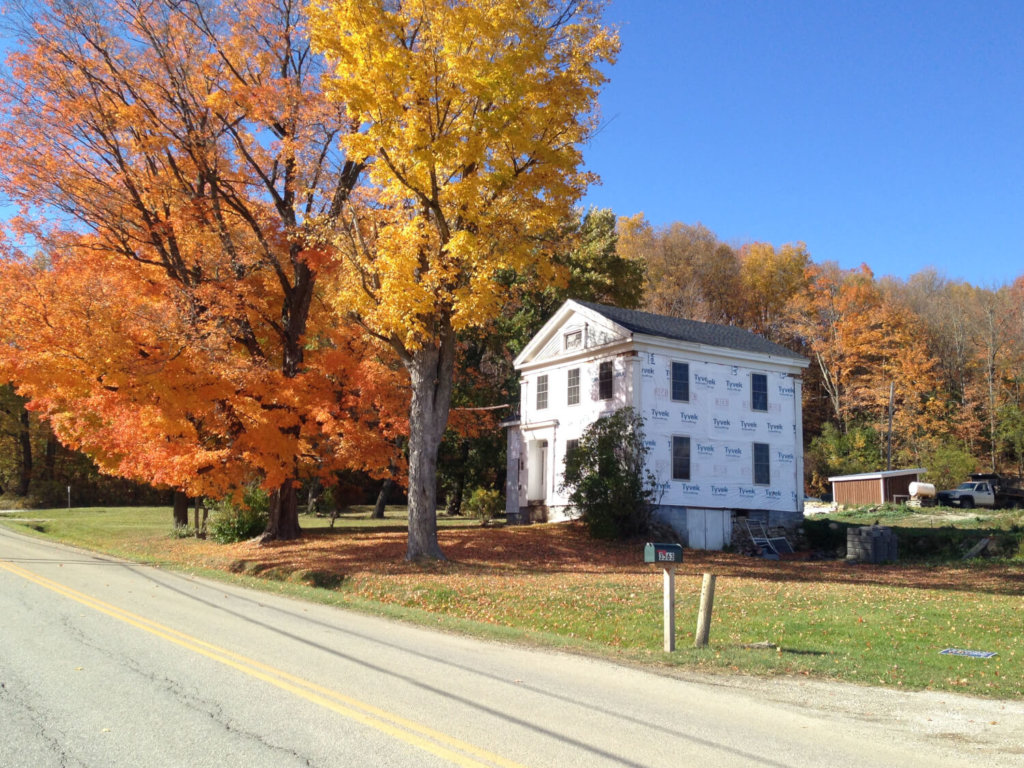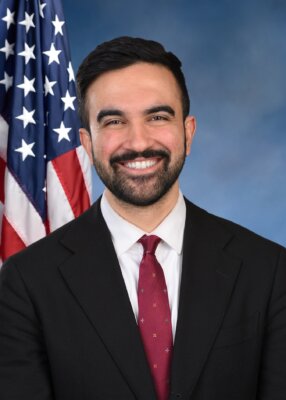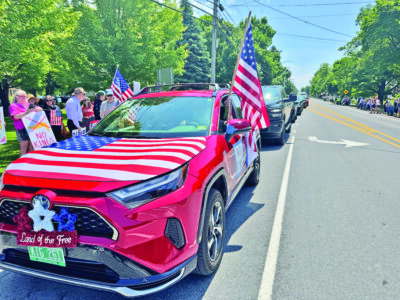In remembrance of Elijah Alexander House

I would like to thank Lydia Horsford Radimer (a high school friend and distant cousin) for giving me The Charlotte News’ wonderful story of the Elijah Alexander house. The renovation Greg and Heather (Morse) Armell are undertaking is such a challenging journey. I stopped in last summer to say hello and told Greg of my family connection to the house. He was very interested.
As a child, my mother would repeatedly tell me as we drove by the house that she and her three younger sisters were born in it—daughters of Albert and Maude Carter (a name probably Anglicized from Cartier). Her parents spoke both French and English, and my mother said her father was part Native American. Though I never knew my mother’s father, he had dark hair and skin into his 80s. My mother always said that the house was part of the Underground Railroad and that she and her sisters would hide in the small secret basement room behind the big chimney where run-away slaves were hidden. She said it was a beautiful home then, with a large ell that was taken down years later. Her mother was forced to sell the farm when Mom was probably in her early 20s, after the family split. But I never understood how my grandparents, who were born in Ellenberg, in upstate New York, came to buy the Vermont farm in the first place. My mother died when I was 15, and lots of family stories were lost with her death.
About six years ago, I was teaching at CCS for the choral teacher, Allyson Ledoux (who was on sick leave the remainder of the year), when I saw a small book while sitting during a faculty meeting in the library. It was about historic houses in Charlotte, and I casually looked at it when the meeting turned to areas that had no pertinence to music. I saw the Elijah Alexander house in that book, but it was called the Hicks house, and I was surprised because my grandmother’s maiden name was Maude Hicks. I trace my paternal ancestry back to the Prindle, Baldwin, Dean, Horsford, Byington, Hinsdale, Beecher, Davis and Chamberlain families, etc., of early Charlotte settlers and surrounding towns. However, I did not think that my French Canadian maternal grandparents had any ties to Charlotte—though there was that English name of Hicks.
I then found that my grandmother’s parents were Horace Hicks, 1867–1943, and Julia “Peets,” 1871–1915, both born in Ellenberg, New York, and they had spoken French at home, were Catholic, and I thought the names were all Anglicized. But one great-grandfather was John Hicks, b.1841, supposedly in Canada—but then the trail went dead.
So the mystery still remains as to the family connections and how my grandparents came to buy the Hicks farm in Charlotte. After reading your story, I saw that Elijah Alexander’s youngest daughter, Lydia (born c. 1830s), married Dewitt Hicks in 1858. My great-grandfather John Hicks, b.1841, might have been a brother of Dewitt Hicks. So maybe my grandmother and husband bought the farm from her uncle, Dewitt Hicks—if indeed he was her uncle! But the plot thickens as I found that my grandfather Albert Carter had a stepmother, Melinda Hicks Carter (though he himself also married a Hicks: my grandmother Maude Hicks). The Hicks and Carters were definitely connected.
Someday I might have the energy and time to pursue the family tree more and find the connections. However, it seems fairly obvious that if Lydia Alexander Hicks asked her son to keep the charitable giving alive, probably my grandparents had a leg up in their ability to buy the farm before my mother was born in 1910. Oh, if only that house could talk, the stories it would tell. Before an elderly lady, Hazel Hoskams, died at about age 100 years several years ago, she told me that she remembered my grandparents dancing at the east Charlotte kitchen tongues— some of which probably were in the house. She said my grandmother was dressed so fashionably and was the life of the party. I knew my grandmother (like my mother) was an expert seamstress, as well as her sister Lena, who married Eustace Thomas of the farm on Thomas Road in Shelburne. Lena was a mother of 11 but also a self-taught organist/pianist for the Mt. Carmel Church, like my mother. In their footsteps, I grew up playing piano and the organ at the United Church in Hinesburg. Oddly, my paternal great-grandfather George Prindle played the organ as well, but at the former East Charlotte Baptist church just down the road from the Catholic Mt. Carmel Church.
In conclusion, I wish the Armells well in their new-old house. I am sure that they will enjoy the house that they are so carefully restoring. And who knows, if they dig deep enough, they will probably find that they are somehow connected to the Alexanders, Hicks, Prindles or Carters.
Related Stories
Popular Stories
If you enjoy The Charlotte News, please consider making a donation. Your gift will help us produce more stories like this. The majority of our budget comes from charitable contributions. Your gift helps sustain The Charlotte News, keeping it a free service for everyone in town. Thank you.
Andrew Zehner, Board Chair








